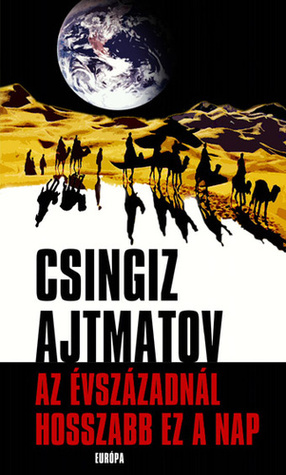What do you think?
Rate this book


546 pages, Hardcover
First published January 1, 1980
“Aceptaba lo malo como algo malo, lo bueno como algo bueno. Al fin y al cabo, la tierra no tenía la culpa de nada. Es el ser humano quien debe decidir si puede vivir ahí o no”
“La cabeza del hombre no puede estar ni un segundo sin pensar”
“La felicidad y la desdicha crecen de la misma raíz”
“Lo importante es recordar, dibujar el pasado de forma oral y tanto más por escrito de la forma que se necesita ahora, que ahora nosotros necesitamos. Y todo lo que nos es de provecho no es menester recordarlo” (de un burócrata soviético)
“Lo mejor que podía hacer el ser humano por los demás era educar en la familia a niños dignos”
